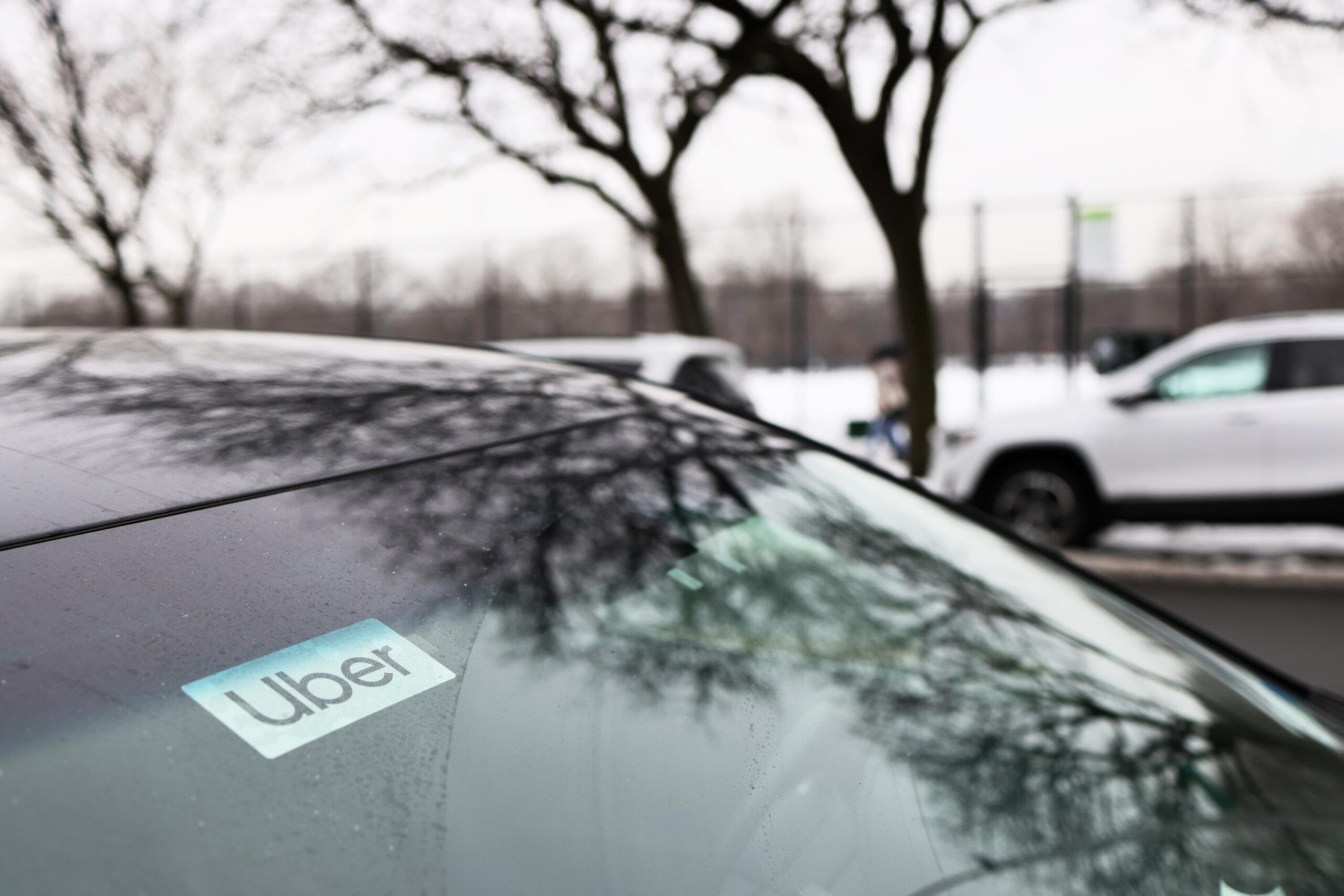
Uber under fire from DOJ for allegedly charging disabled riders more
A new lawsuit says these extra charges violate the Americans with Disabilities Act, and have been happening since 2016.
On Wednesday, Nov. 10, the Department of Justice sued Uber alleging the corporation charges disabled passengers who need more time to climb into a vehicle extra “wait time” fees.
Uber began violating the Americans with Disabilities Act in 2016 when it first started charging these fees in target markets, the Justice Department said in a statement.
This is not the first time Uber has found itself in trouble over disability issues. In April, it was ordered to pay a blind San Francisco woman $1.1m after refusing her a ride on 14 different occasions.
The U.S. Department of Justice has filed a lawsuit against Uber accusing the company of overcharging people with disabilities through “wait time” fees imposed when it takes longer for someone to get in the car https://t.co/Nb5qaOT7Vr
— suhauna hussain (@suhaunah) November 10, 2021
In the U.K., Paralympic medalist Jack Hunter-Spivey said in September that Uber and other taxi drivers would routinely drive away when they saw he was a wheelchair user.
Maria Town, president and chief executive of the American Association of People with Disabilities (AAPD), told BBC that disabled people often face a disproportionate economic burden, resulting from things they “cannot change nor control.”
In addition to higher healthcare costs, medical supplies and accessibility tools, the practice of applying extra fees for services, such as grocery delivery or rideshare wait times, adds an additional “tax” for disabled consumers, she said.
The AAPD said it has seen numerous cases in which Uber drivers drove off when they realized the passenger was using a wheelchair, crutches, a walker, or a service animal.
Kristen Clarke, assistant attorney general for the DOJ’s civil rights division, told BBC that the lawsuit’s goal is to send a powerful message that “Uber cannot penalize passengers with disabilities simply because they need more time to get into a car.”
The Department of Justice sues Uber, alleging it charges disabled passengers extra “wait time” fees. https://t.co/PSVtXVjf4L
— NBC Politics (@NBCPolitics) November 11, 2021
Uber and other companies that provide transportation services “must ensure equal access for all people, including those with disabilities,” Clarke said.
RELATED CONTENT
According to the Justice Department’s statement, riders who are blind or use walkers or wheelchairs that need to be folded up and need to be put away need more time to get into vehicles, but Uber still charges them more even when it is “aware that a passenger’s need for additional time is clearly disability-based.”
“Passengers with disabilities who need additional boarding time are entitled to access ride-sharing services without discrimination, said U.S. Attorney Stephanie M. Hinds.
"This lawsuit seeks to assist people with disabilities to live their lives with independence and dignity, as the ADA guarantees,” Hinds told NBC News.
The Justice Department is seeking unspecified damages for people “subjected to the illegal wait time fees” and is requesting the court to order Uber to “modify its wait time fee policy to comply with the ADA” and retrain its employees.
In response, Uber said in a statement that it disagrees that its policies violate the ADA.
“Wait time fees are charged to all riders to compensate drivers after two minutes of waiting, but were never intended for riders who are ready at their designated pickup location but need more time to get into the car," the statement said.
"It has been our policy to refund wait time fees for disabled riders whenever they alerted us that they were charged," it said. "After a recent change last week, now any rider who certifies they are disabled will have fees automatically waived."











LEAVE A COMMENT:
Join the discussion! Leave a comment.